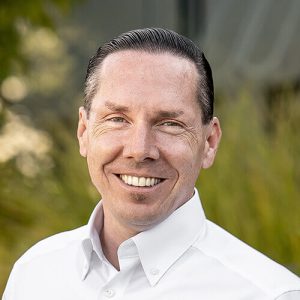
K 2025: Interview with Sales Director Patrick Henzler on the status quo of plastics recycling
In an interview with the VDMA in the run-up to the K 2025 trade fair in Düsseldorf, Patrick Henzler from WEIMA emphasizes the growing importance of recycling production waste in the plastics industry. Companies today are faced with the task of processing a wide variety of material flows efficiently and in a way that conserves resources. This requires flexible solutions that can be precisely adapted. WEIMA therefore relies on modular machine concepts that can be individually configured and on digital technologies that make processes more transparent and efficient. In this way, efficiency, sustainability and cost-effectiveness can be effectively combined.
“There is pressure to recycle post-production waste”
Six questions for Patrick Henzler

We are happy to assist you.
Would you like to find out more about the K trade fair or the recycling of plastics with WEIMA?
Sign-up for our newsletter
Newsletter
Sign-up for our newsletter today.
Sign-up for our newsletter
What are you looking for?
Explore all WEIMA solutions
